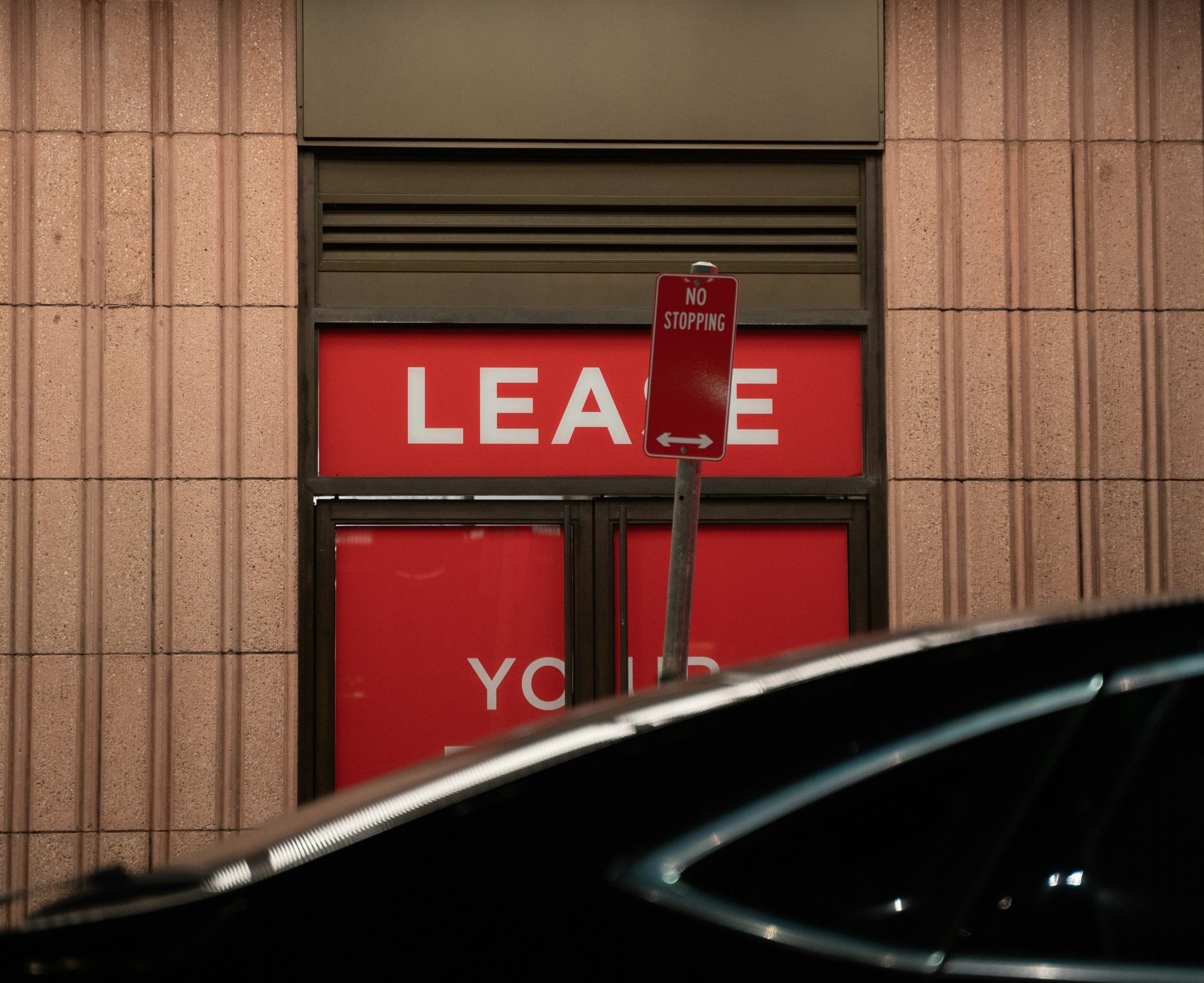Most business leases have very long terms – often 5 years or more. Sometimes your business needs may change, or events outside your control might mean that your business needs to close or relocate.
If you still have a long term remaining on your lease, you may be wondering what you can do to end the lease early.
What happens if I do nothing?
When you sign a lease, you are agreeing to lease the premises for the whole term and to pay the landlord rent (and possibly outgoings, such as rates) for the whole term.
If you move out of the property early and stop paying rent, the landlord could terminate the lease, claim your bond, and sue you for damages. Damages are the amount of money that the landlord has lost because of your breach of the lease. The landlord has an obligation to reduce these as much as they can, but they can still be very significant. Damages might include:
- Rent and outgoings until the landlord can find a new tenant and that new tenant starts paying rent.
- Costs to re-enter the premises and change the locks
- Costs to remove your lease from the title to the property if it is registered.
- Costs of removing, storing, or disposing of your property left behind.
- Costs of restoring your premises to the condition they were at the start of the lease if you did not do so.
How can I end my lease early?
A landlord and a tenant can agree to end a lease early. When this happens, the tenant ‘surrenders’ the lease.
If a tenant asks a landlord to accept a surrender of lease, the landlord and tenant can control the transition in a way that keeps the landlord’s costs and losses to a minimum. The landlord can start looking for a new tenant right away so that the premises are vacant for as little time as possible.
The landlord may ask the tenant to pay for their costs of finding a new tenant, or to keep paying the rent until a new tenant is found.
What if the landlord does not accept a surrender of the lease?
A landlord does not have to accept a surrender of the lease. However, you can still try and find your own tenant for the property.
One option might be to sublease, or underlease the premises to your own tenant. You would still be liable to keep paying rent to the landlord, but you would also have your own subtenant paying rent to you. You will normally need the landlord’s consent before you can do this.
Another option might be to transfer the lease to someone else. That person would become the tenant under the lease and perform the lease for the rest of the term. You will normally need to get the landlord’s consent before you can transfer the lease to someone else.
If you are in NSW and the Retail Leases Act 1994 (NSW) applies to your lease, or if you are in the ACT and the Leases (Commercial and Retail) Act 2001 applies to your lease, your landlord is only allowed to withhold their consent if it is reasonable to do so. If you are transferring to a reputable person who will be able to perform the lease, and who will not be changing the way the premises are used, then the landlord might not be allowed to withhold their permission.
Leaving the premises without a proper plan might mean that you are accused of repudiating the lease or abandoning the premises. If that happens, you may be exposed to very significant costs or damages. Our team of commercial lease experts can help you to negotiate an arrangement with your landlord so that you can exit the premises as quickly and with as little cost as possible.
Further reading

elringtons lawyers regularly provide legal advice in relation to a range of commercial matters. Please contact our Business and Commercial Team for more information or to make an appointment call (02) 6206 1300










